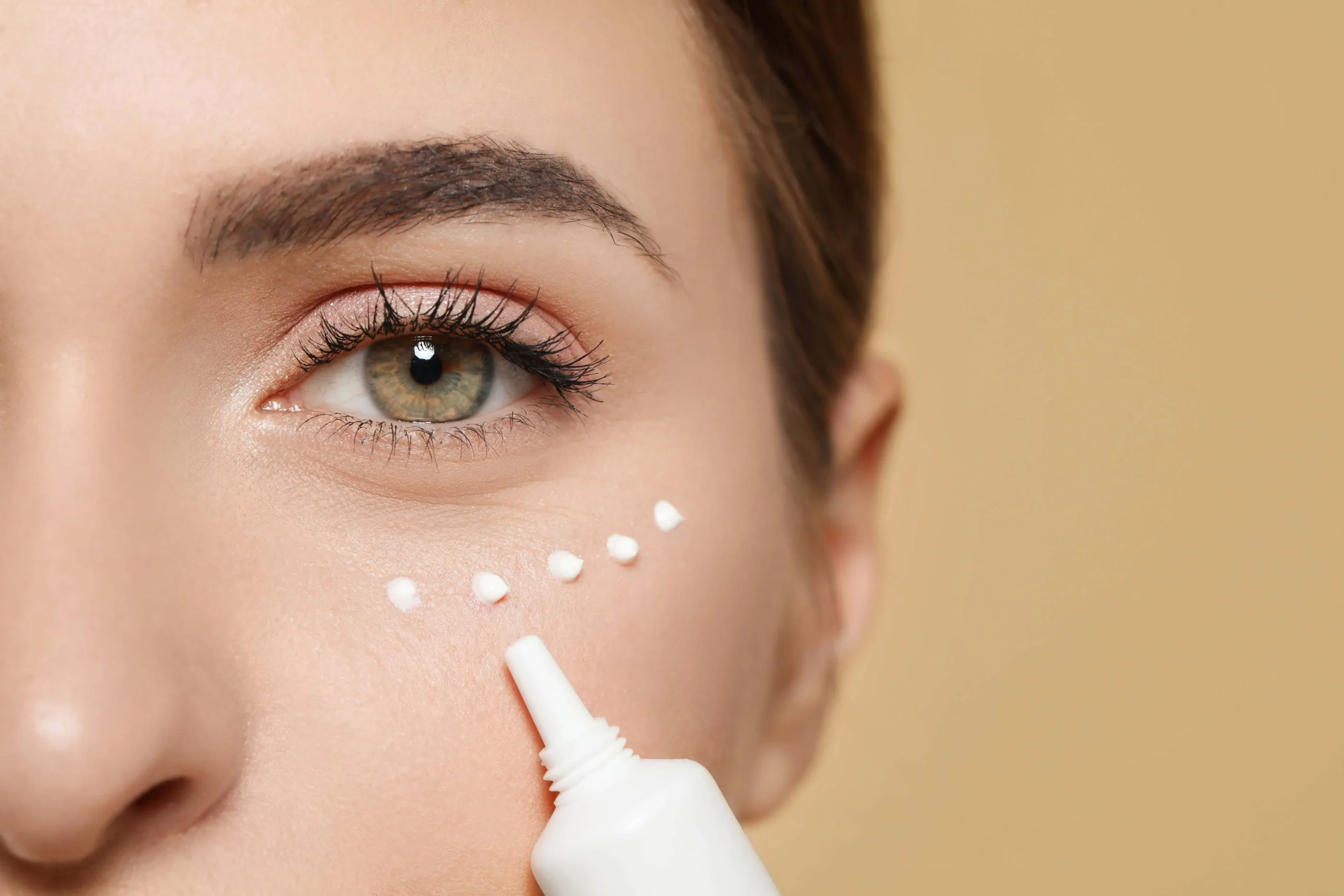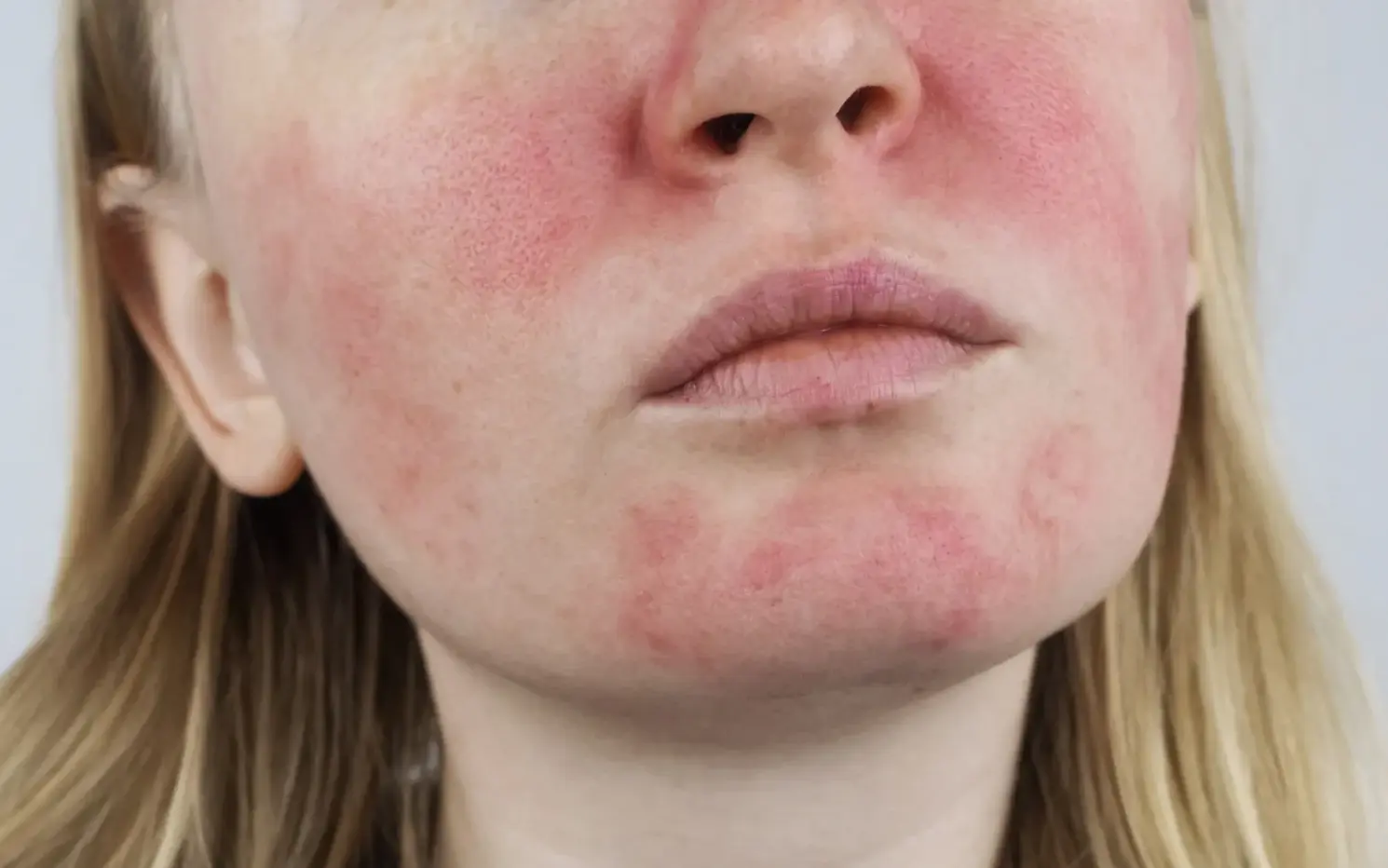When it comes to skincare, much of the focus is often on treatments and products designed to improve the appearance of your skin. However, one of the most crucial aspects of healthy skin is often overlooked: the skin barrier. This protective layer plays a vital role in maintaining overall skin health, and understanding its importance can help you achieve and maintain a radiant complexion.
What is the Skin Barrier?
The skin barrier, commonly called the stratum corneum, is the outer layer of the skin. It consists of tightly packed skin cells (keratinocytes) and lipids (fats) that work together to create a protective shield. This barrier serves several critical functions, including protecting against environmental aggressors, preventing moisture loss, and maintaining overall skin integrity.
Key Functions of the Skin Barrier
- Protection Against External Threats The skin barrier acts as a frontline defense
against harmful elements such as bacteria, viruses, pollutants, and allergens. A healthy
barrier helps prevent these irritants from penetrating the skin and causing damage or
infections. - Moisture Retention One of the primary roles of the skin barrier is to maintain hydration.
By preventing transepidermal water loss (TEWL), the barrier keeps your skin moisturized
and plump. A compromised barrier can lead to dryness, flakiness, and a dull complexion. - Maintaining pH Balance The skin’s natural pH is slightly acidic, which is maintained by
the skin barrier. This acidity is essential for preventing the growth of harmful bacteria and
supporting the skin’s natural flora, which contributes to overall skin health. - Regulating Sensitivity A well-functioning skin barrier helps to minimize sensitivity and
irritation. When the barrier is compromised, it can lead to increased sensitivity, redness,
and conditions such as eczema and rosacea.
Factors That Compromise the Skin Barrier
Several factors can damage or weaken the skin barrier, including:
- Harsh Skincare Products: Over-exfoliating or using products with irritating ingredients
can strip the skin of its natural oils and disrupt the barrier. - Environmental Stressors: Pollution, UV radiation, and extreme weather conditions can
damage the skin barrier. - Lifestyle Choices: Poor diet, lack of hydration, and insufficient sleep can affect skin
health and barrier function. - Medical Conditions: Certain skin conditions like eczema or psoriasis can weaken the
barrier.
Tips for Protecting and Reparing Your Skin Barrier
To keep the skin healthy overall, the skin barrier must be maintained. Here are some tips to
protect and repair it:
- Gentle Cleansing: Use mild, non-stripping cleansers that respect the skin’s natural oils.
Avoid using harsh soaps and cleansers with overpowering fragrances. - Hydrate and Moisturize: Incorporate hydrating ingredients like hyaluronic acid and
ceramides into your skincare routine. Moisturizers with occlusive ingredients (like oils
and butters) can help lock in moisture. - Avoid Over-Exfoliating: Limit the use of exfoliants to 1-2 times a week and choose
gentle options. Over-exfoliation can damage the barrier and lead to irritation. - Sun Protection: Always wear sunscreen to protect your skin from UV damage, which
can weaken the skin barrier over time. - Balanced Diet: Consume a diet rich in antioxidants, healthy fats, and hydration to
support skin health from the inside out. - Consult a Professional: If you’re experiencing persistent skin issues, consider
consulting a dermatologist. They can help identify underlying problems and recommend
appropriate treatments.
Final Thoughts
The skin barrier is a crucial aspect of skin health that deserves attention and care. By understanding its importance and taking steps to protect it, you can promote a healthy, radiant complexion. Prioritize your skin barrier, and you’ll not only enhance your skin’s appearance but also its overall resilience against the elements. Remember, a healthy barrier is the foundation of beautiful skin!





